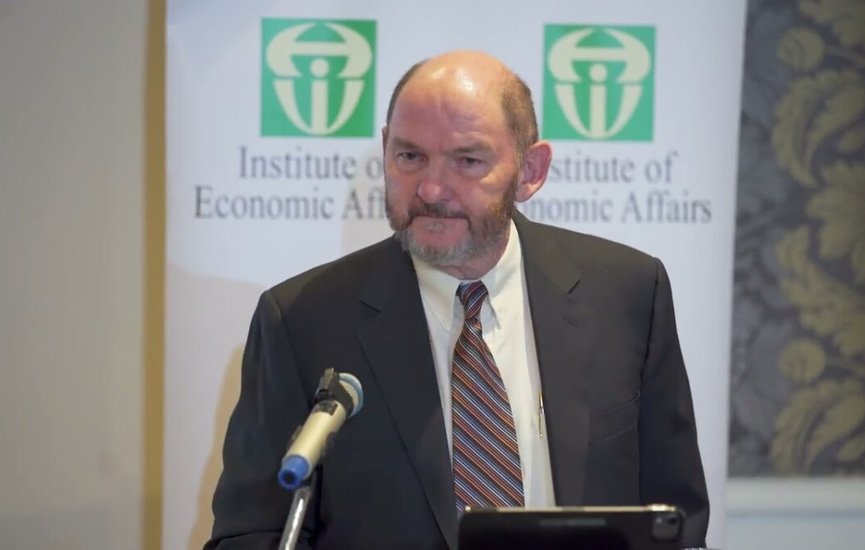Senegal, once hailed as a beacon of fiscal discipline in West Africa, has recently found itself at the center of a sobering financial controversy that has cast a shadow over its reputation and raised uncomfortable questions about international oversight. The scandal erupted when the current administration revealed the existence of billions of dollars in previously undisclosed public debt, accumulated under former leadership. These hidden liabilities had not been properly reported during the country's engagement with the International Monetary Fund (IMF), triggering a misreporting debacle that embarrassed both Senegalese authorities and the IMF itself.
The revelation was particularly jarring given Senegal’s prior standing as a model for economic governance in the region. The unreported debt, which had been concealed through off-budget financing and opaque accounting practices, undermined the credibility of the country’s financial reporting and exposed serious gaps in the IMF’s monitoring mechanisms. Critics swiftly pointed out that such a lapse should have been detected earlier, especially given the rigorous surveillance protocols typically associated with IMF-supported programs. The incident has sparked broader concerns about the robustness of international financial institutions in safeguarding transparency and accountability.
In response to the scandal, the IMF acknowledged the misreporting and commended the current Senegalese government for its swift and transparent corrective actions. The administration moved quickly to identify the full scope of the hidden debt and initiated reforms aimed at strengthening fiscal governance. These efforts included revising public finance laws, enhancing debt management systems, and committing to more rigorous reporting standards. The IMF, in turn, welcomed Senegal’s request for a new support program, signaling a willingness to reset the relationship and restore trust.
Despite these remedial steps, the damage to Senegal’s reputation has been significant. Investors and development partners have expressed concern over the reliability of the country’s financial data, and domestic critics have called for greater accountability from those responsible for the misreporting. The episode has also reignited debates about the effectiveness of IMF oversight, with some experts arguing that the institution must adopt more stringent verification processes and improve its capacity to detect irregularities in member states’ financial disclosures.
Ultimately, the Senegal debt scandal serves as a cautionary tale about the perils of opaque governance and the limits of international oversight. It underscores the need for continuous vigilance, not only from national authorities but also from global institutions tasked with promoting financial stability. As Senegal embarks on a path of reform and recovery, the world will be watching closely to see whether the lessons of this crisis translate into lasting change.
